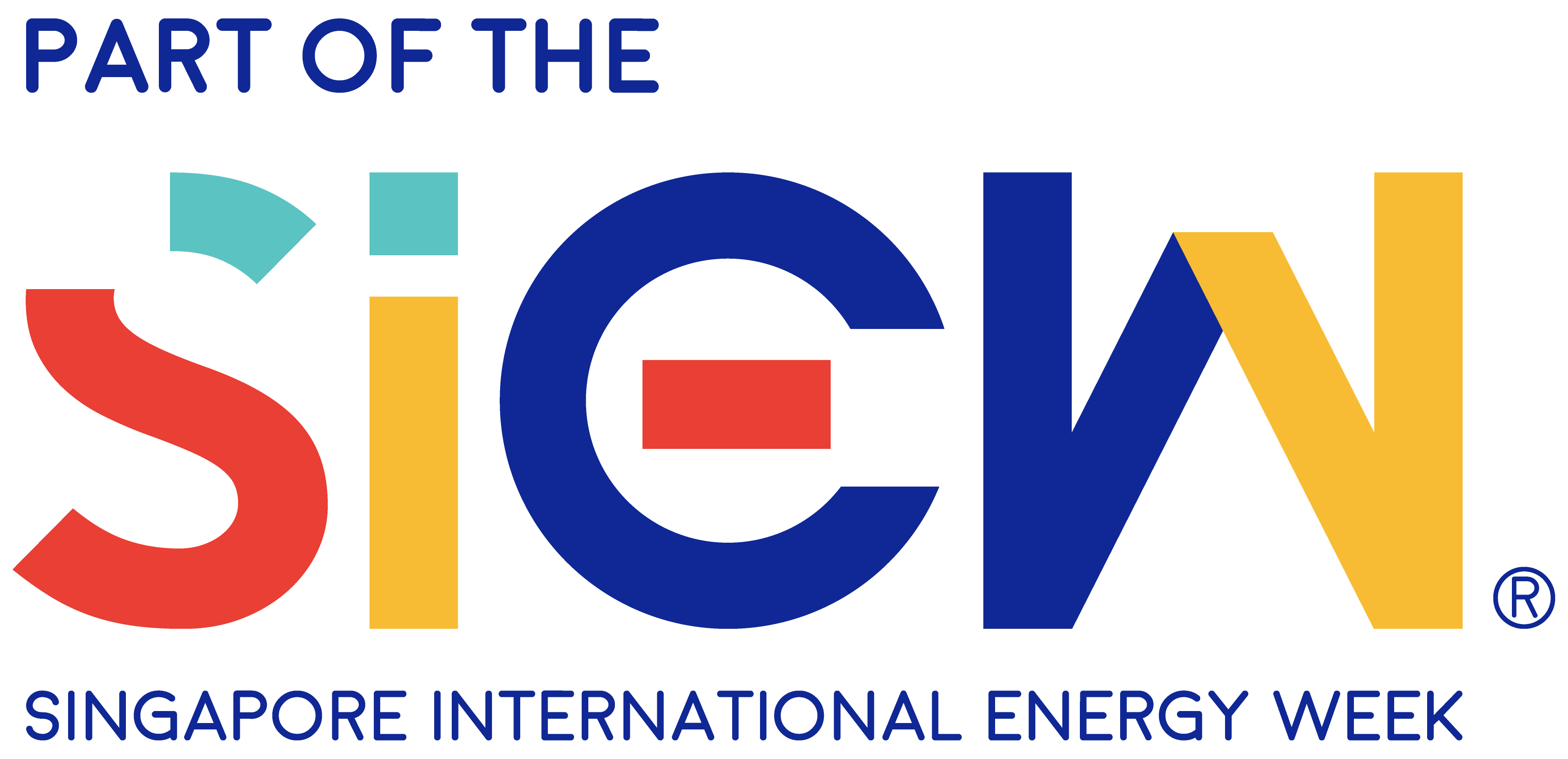Boheng Ma, Strategic Marketing Manager, W.R. Grace & Co.

In the September 2025 issue of Hydrocarbon Processing, Grace profiles a case study of the propylene yield improvements attained by a refiner aiming to optimise catalytic solutions for HS-FCC hardware design. The article discusses the collaborative approach Grace, and the refiner took to optimise the catalyst and additive to achieve a propylene yield improvement of over 1.5wt%, along with improved propylene selectivity and lower catalyst losses.
Propylene plays a vital role in the petrochemical industry, with approximately 70% of propylene production going into manufacture of polypropylene, a widely used polymer in durable goods and packaging, among a variety of other uses. The demand for propylene is expected to grow significantly in the coming decades, driven by rising demand from population growth and improved standard of living, particularly in the Asia Pacific region.
FCCUs are not only the most cost advantaged, but also the most flexible of the primary propylene production routes. The flexibility of FCCUs allows refiners to reformulate or revamp their existing units to adapt the FCCU’s propylene production to evolving market dynamics. With the shift to more petrochemically focused FCCU operation, a tri-party approach can be an effective means to maximise propylene production from an FCCU:
Licensor – development of novel unit designs for revamps and grassroots units targeting maximum propylene production
Catalyst Supplier – introduction of innovative new catalyst and additive technologies to help refiners achieve their yield objectives
Refiner – adoption of new technologies to support maximising propylene from their FCCUs
Maximising Propylene on a Novel Unit Design
Since starting up the first commercial HS-FCC unit in 2018, an Asian refiner focused on processing resid to propylene has continually worked with the technology licensor and catalyst suppliers to stabilise operation and optimise catalytic solutions for the HS-FCC unit. In this case study, Grace was given an opportunity to provide an enhanced catalyst solution with the following objectives:
• Improve olefins yield: propylene and ethylene
• Improve cat/oil to increase light olefins yield
• Improve operability and costs with reduced catalysts losses
Grace profiles the development, testing, and implementation of a customised catalyst solution utilising a combination of Grace’s flagship low Z/M bottoms cracking MIDAS® catalyst family along with the highest activity ZAVANTI™ ZSM-5 additive to boost cracking of gasoline range olefins into the desired propylene and ethylene yields, all while providing superior activity retention and minimising catalyst losses.
Partner with Grace
Grace’s robust portfolio of catalyst and additive solutions, along with industry leading technical service, allows Grace to provide tailored solutions to maximise profitability for refiners. Grace’s ongoing investment in R&D and our manufacturing assets demonstrate Grace’s commitment to being a trusted partner to refiners looking to optimise their operations through innovative catalytic solutions.
To learn more about Grace, please visit us at grace.com

GRACE® and MIDAS® are trademarks, registered in the United Stated and/or other countries, of W. R. Grace & Co.-Conn. ZAVANTI™ is a trademark of W. R. Grace & Co.-Conn. This trademark listing has been compiled using available published information as of the date of this publication and may not accurately reflect current trademark ownership or status. © Copyright 2025 W. R. Grace & Co.-Conn.
The information and calculation results contained herein are based upon our testing and experience and are believed to be accurate. Since operating conditions may vary and since we do not control such conditions, we must DISCLAIM ANY WARRANTY, EXPRESS OR IMPLIED, with regard to results to be obtained from the use of our products or with regard to application of Grace’s techniques, calculations, or models.




